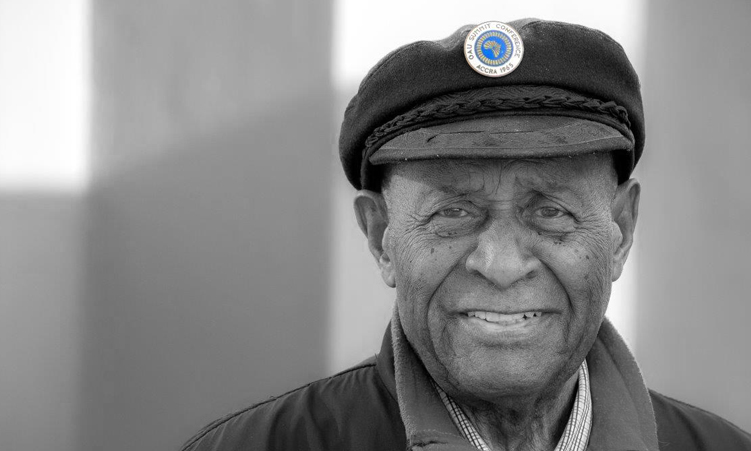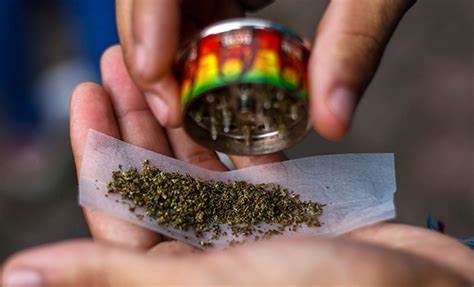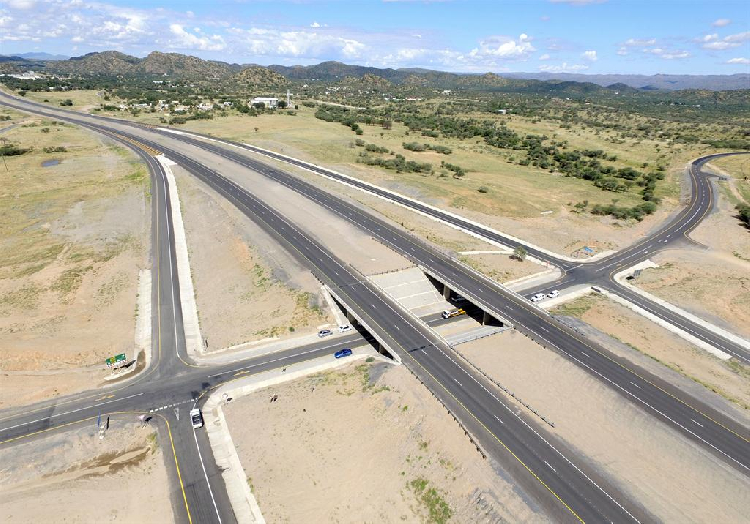THE LATE JACOBUS Axali Doëseb died on 27 October this year.
His passing led to a heated debate as to who actually wrote the lyrics of the country’s national anthem.
Was it a one-man show sitting somewhere there in Katutura composing the anthem, or was it a collective effort? As Kennedy Hamutenya, the son of the late Hidipo Hamutenya, puts it: “The truth is in heaven.”
I am not really interested in that controversy. My issue is the rather hyperbolic manner in which Doëseb has been recognised by the government, compared to other Namibians who have contributed equally, or even more.
For starters, Doëseb received a state funeral.
President Hage Geingob said he would receive this recognition for his remarkable contribution to Namibia.
The president said by composing ‘Namibia, Land of the Brave’, Doëseb helped shape the nation’s identity.
“His exceptional work in composing the national anthem shines bright, and shall never be forgotten,” said Geingob.
The good words and the state funeral was not the end of the accolades though. Geingob also declared a period of national mourning for Doëseb, and has ordered all flags in Namibia, including diplomatic missions abroad, to be flown at half mast for the duration of the period of mourning. This has never happened in the country before.
Geingob also said that the government decided to award Doëseb a whopping N$2 million as a further token of appreciation for his work. We have been told that the money would be paid to his wife and children.
The point here is that the national anthem refers to a country called ‘Namibia’ – the former South West Africa.
Who coined the name Namibia?
When president Suharto of Indonesia asked Mburumba Kerina what the country would be called after independence, he said: “Let me sleep on it.”
And the following morning he told Suharto it would be called Namibia.
Suharto was curious to know why. Kerina said it is a derivative from our Namib Desert.
And in June 1968, the United Nations General Assembly adopted a resolution proclaiming that, in accordance with the desires of its people, South West Africa should be renamed ‘Namibia’.
And do not forget that from 1956 onwards, Kerina was among the first petitioners to the United Nations for Namibian independence on behalf of the Herero Chiefs’ Council.
It was also the same Kerina who changed the name of OPO to Swapo. Kerina is also the author of ‘Namibia, the Making of a Nation’, published in 1981.
This is the first historical work by a black Namibian about the transition of the country from being a colony to being independent.
He was also part of the Constituent Assembly which drafted the country’s Constitution, and subsequently of the National Assembly.
But in retrospect, his contribution did not merit the same recognition that is being accorded to Doëseb.
May both rest in eternal peace.
Alex T Kaure
Stay informed with The Namibian – your source for credible journalism. Get in-depth reporting and opinions for
only N$85 a month. Invest in journalism, invest in democracy –
Subscribe Now!






